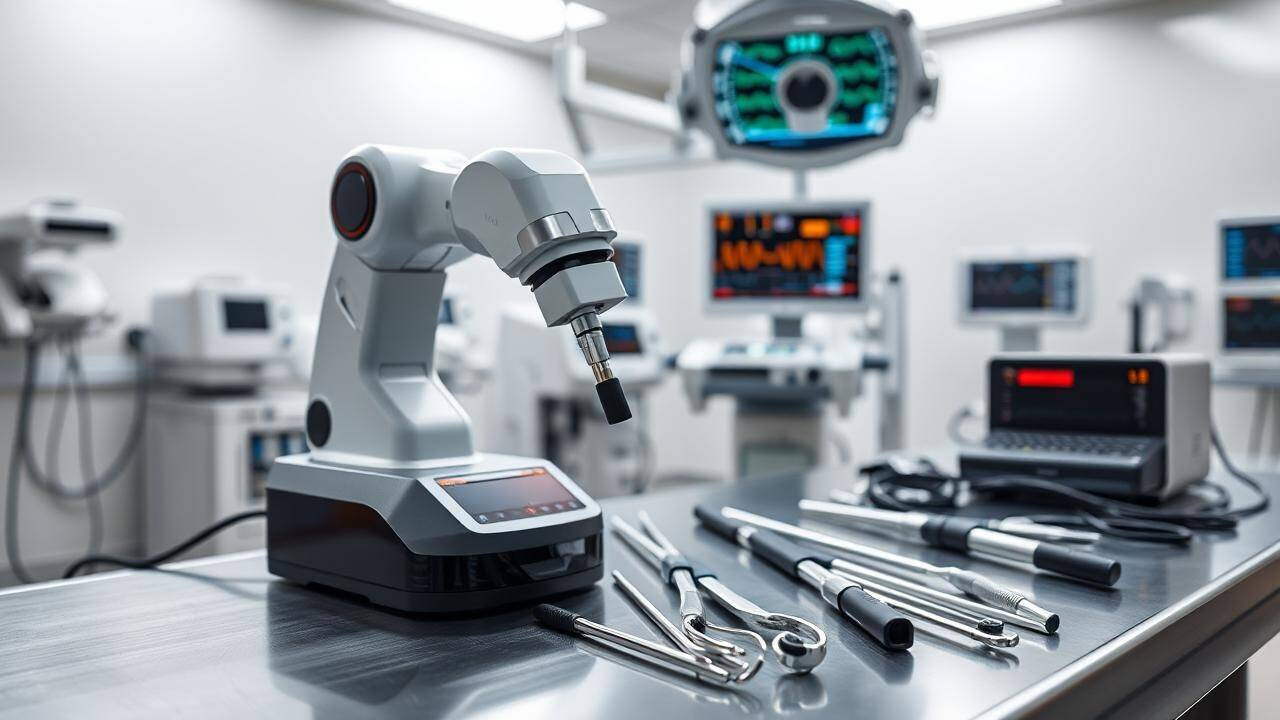New steel ministry regulations mandating BIS certification for imported raw materials like hot rolled steel and ingots are causing concerns among medical product manufacturers. Industry leaders fear potential supply disruptions due to the inability to comply with these rules, especially for specialized components like stainless steel capillary tubes.
Steel Hurdles: Are New Regulations Threatening India’s Medical Device Industry?
India’s medical device industry, a sector vital to both public health and economic growth, finds itself navigating a potentially turbulent landscape. Recent directives from the Steel Ministry regarding the use of specific steel grades are causing ripples of concern throughout the manufacturing ecosystem. The core issue? Mandatory Bureau of Indian Standards (BIS) certification for certain steel inputs used in medical devices.
While the intention – ensuring quality and safety – is undeniably laudable, the practical implications are proving to be a significant challenge for medical device manufacturers.
BIS Certification: A Necessary Evil, or an Unnecessary Obstacle?
The government’s push for BIS certification stems from a desire to standardize materials and prevent the use of substandard steel that could compromise patient safety. Imagine, for instance, a faulty surgical instrument breaking mid-operation, or a poorly manufactured implant causing long-term health complications. No one wants that. Thus, BIS certification aims to act as a safeguard, verifying that the steel used meets stringent quality benchmarks.
However, medical device manufacturers argue that a blanket application of BIS standards doesn’t account for the nuances of their industry. They contend that they often require specialized steel grades, sometimes imported, that may not perfectly align with existing BIS specifications. Obtaining BIS certification for each of these specialized grades can be a time-consuming and expensive process, potentially disrupting supply chains and delaying the introduction of crucial medical technologies.

The Call for Exemption: A Plea for Pragmatism
The medical device industry is collectively requesting an exemption from mandatory BIS certification for steel grades already meeting international standards, such as those defined by ASTM (American Society for Testing and Materials) or ISO (International Organization for Standardization). They argue that these international standards already ensure a high level of quality and safety, rendering duplicative BIS certification unnecessary.
This isn’t about cutting corners. Manufacturers understand the critical importance of quality. It’s about streamlining processes and avoiding bureaucratic bottlenecks that could ultimately hinder innovation and access to life-saving devices. The industry body is keen on collaborating with the government to find a balanced approach: one that prioritizes patient safety without stifling the growth and development of the medical device sector.
Think about a small, innovative startup developing a novel cardiac stent. If they’re forced to spend months navigating a complex BIS certification process for their specialized steel alloy (already certified to international standards), they might simply run out of time and resources. The potential consequence? A groundbreaking technology that could save lives might never reach the market.
Potential Disruptions and Ripple Effects
The current situation raises concerns about potential disruptions to the supply chain and increased costs for manufacturers. These costs, inevitably, will likely be passed on to the consumer. What does that mean in real-world terms? Increased healthcare costs and potentially reduced access to essential medical devices for ordinary citizens.
Furthermore, the new regulations could disproportionately affect smaller medical device manufacturers, who may lack the resources to navigate the complexities of BIS certification. This could lead to a consolidation of the industry, potentially stifling competition and innovation.
The dependence on imports is another key consideration. While India is striving to become self-reliant in manufacturing, certain specialized steel grades are still primarily sourced from overseas. Imposing mandatory BIS certification on these imports could lead to delays and shortages, impacting the availability of critical medical devices.
The disruption may also affect companies manufacturing components for medical device companies. For example, companies that supply specialized steel screws, springs, or other parts to larger medical device manufacturers will face similar challenges with BIS certification. This could lead to a domino effect, impacting the entire medical device ecosystem.
Finding a Path Forward: Collaboration is Key
The path forward requires a collaborative approach. The Steel Ministry and medical device manufacturers need to engage in constructive dialogue to find a solution that addresses both safety concerns and the practical realities of the industry. This could involve exploring options such as fast-tracked BIS certification for steel grades already certified to international standards, or the development of specific BIS standards tailored to the unique needs of the medical device sector. It may require defining a risk-based approach that considers the criticality of the device and the specific steel component when determining the need for BIS certification.
Ultimately, the goal is to ensure that Indian patients have access to safe, high-quality medical devices without unnecessarily burdening manufacturers and stifling innovation. The future of India’s medical device sector hinges on finding a balanced and pragmatic solution that promotes both patient safety and economic growth.
In conclusion, the implementation of mandatory BIS standards for steel in medical devices presents a complex challenge, requiring a delicate balance between ensuring quality and fostering innovation. Further collaboration and nuanced solutions are essential to prevent potential disruptions and maintain the growth trajectory of India’s vital medical device industry.







